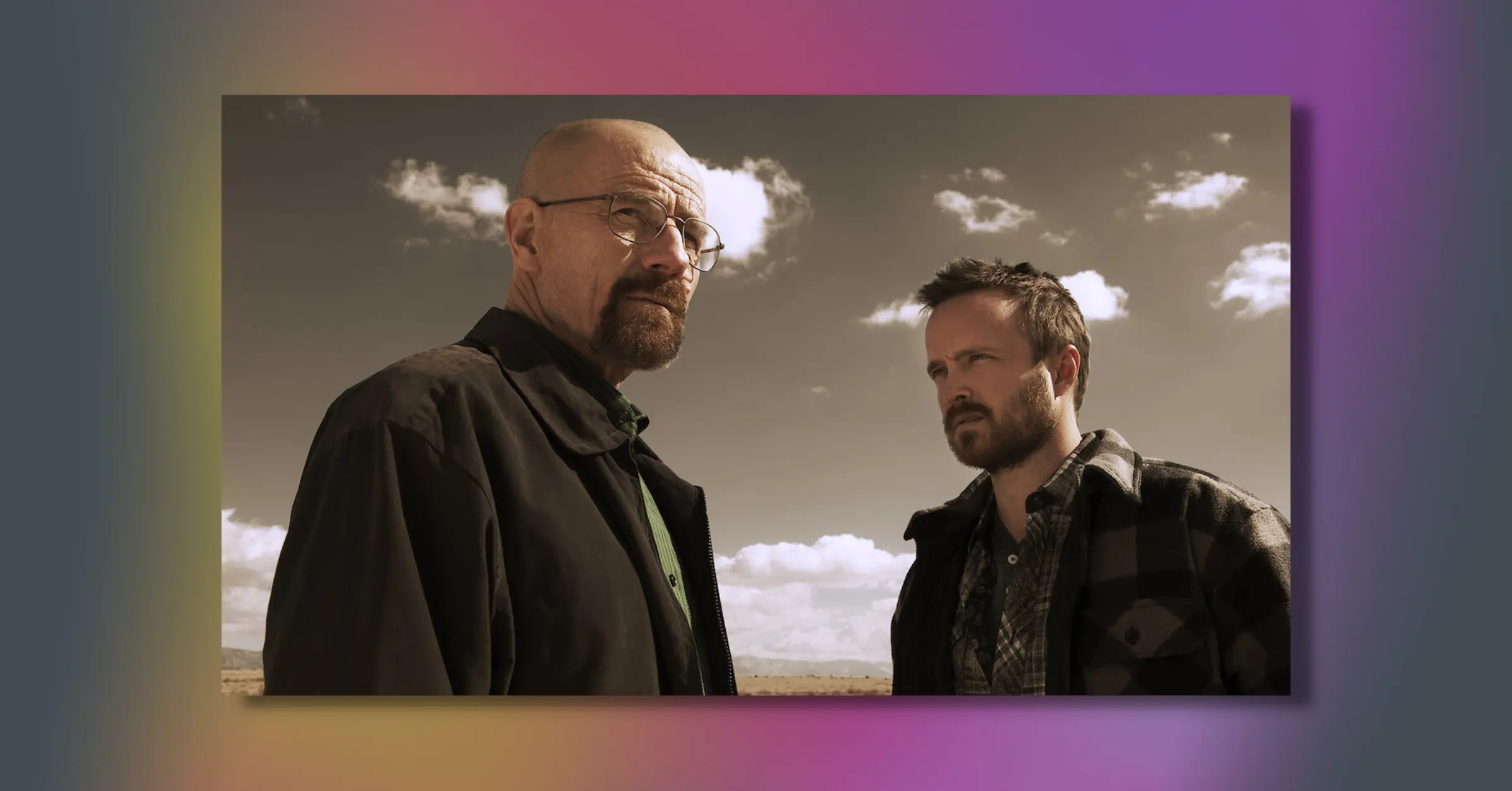My Little Pony
This one is admittedly a little tongue in cheek, but it can't be denied that My Little Pony has a robust fan base and a pin based on the theme would reach new demographics.
- Status:Wanted
- Last Produced by:
- Year:
- Other:
- Rank Change:-4
- Peak Rank:
Hype Metrics
Franchise Age
Nostalgia Factor
Search Volume
My Little Pony Pinball
Originally introduced in the early 1980s by Hasbro, My Little Pony has galloped far beyond its humble beginnings as a line of plastic toys targeted at young girls. The franchise, with its lovable cast of brightly-colored equines, has become a pop culture phenomenon, transcending its intended demographic in ways few could have predicted. Today, My Little Pony represents a vast multi-platform universe, including an impressive roster of animated TV shows, films, comics, and a plethora of merchandise that continues to enamor fans worldwide.
The most significant boost in the franchise's popularity came with the 2010 launch of the animated series, "My Little Pony: Friendship is Magic." Helmed by Lauren Faust, the show breathed new life into the brand, introducing an engaging narrative, complex characters, and wholesome themes that resonated with audiences of all ages and genders. This revival sparked the surprising emergence of a passionate adult fanbase, the 'bronies' (a portmanteau of "bro" and "ponies"), predominantly comprising adult men who enthusiastically embraced the series and its message of love, friendship, and acceptance.
The influence of My Little Pony, particularly in the era of "Friendship is Magic", extends far beyond its vivid, magical world of Equestria. It has inspired numerous fan conventions, art, music, and even academic discourse, marking its influence on modern internet culture. It has been a catalyst for conversations on gender norms in media and fandom, challenging stereotypical notions of who 'should' be enjoying a show about pastel-colored magical ponies. The unexpected cultural impact of My Little Pony serves as a powerful reminder of the universality of certain themes, and how a narrative centered around friendship, acceptance, and personal growth can touch the hearts of audiences across all walks of life.












